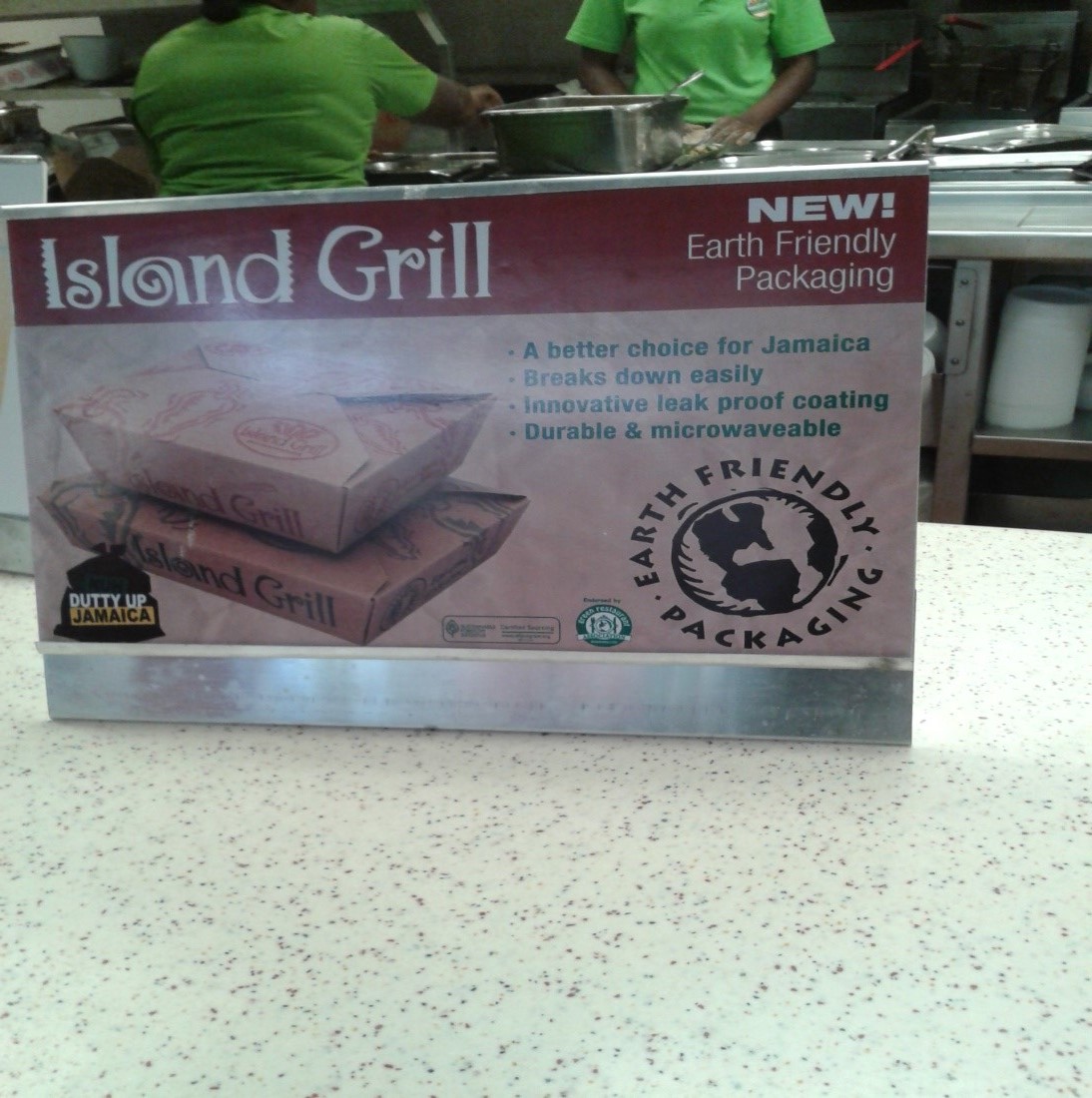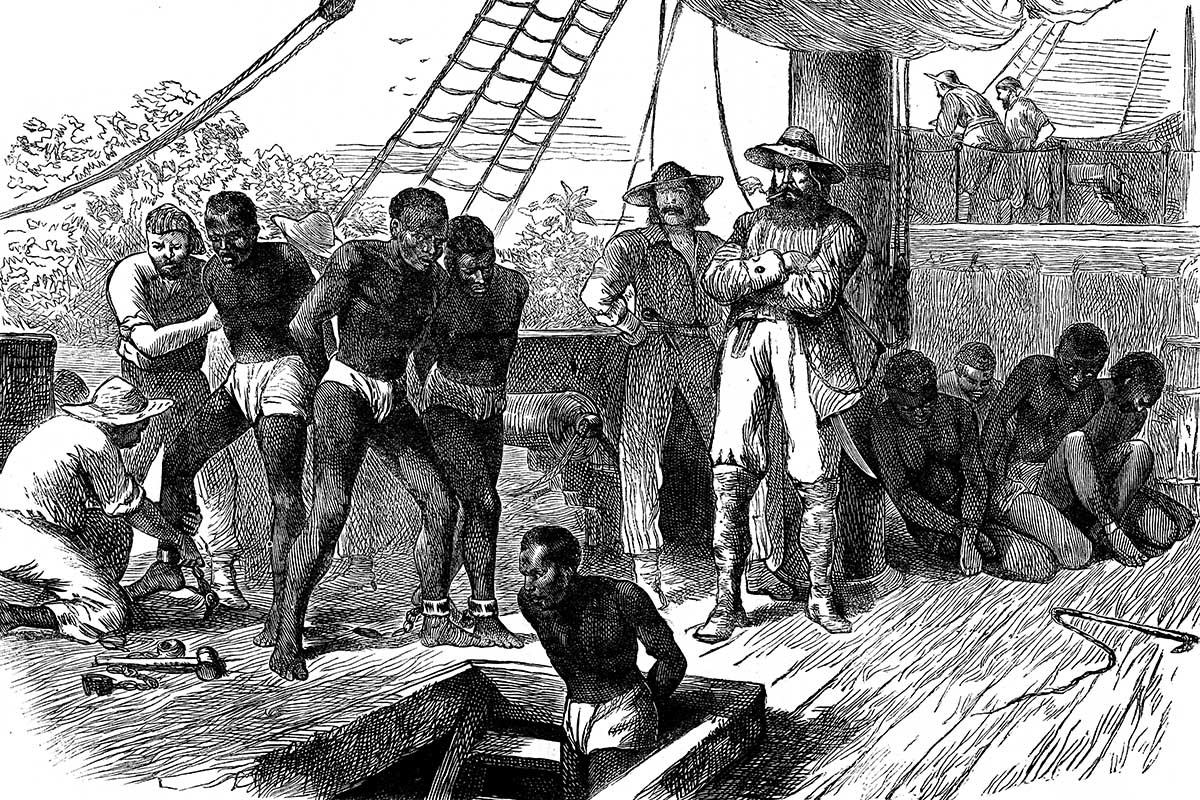“Partnerships are a solution to climate change”
November 5th, 2015 As Jamaica feels the impact of climate change, Tamara McKayle, 26, a Commonwealth Correspondent from Jamaica, urges partnerships that will support programmes and changes to benefit the environment.
As Jamaica feels the impact of climate change, Tamara McKayle, 26, a Commonwealth Correspondent from Jamaica, urges partnerships that will support programmes and changes to benefit the environment.
“You know from I was a young girl, I never see the beach like this, I never see it really stay like this. We all hear inna wi earlier days that the sea going to come in but we never believe it that it would come in like this,” is the cry of Shirlita Wilson, an elderly lady from the coastal community of Alligator Pond, Jamaica, which has been ravaged by sea level rise.
The words on the lips of all the residents are ‘Climate Change.’
Statistically, 2014 was ranked the hottest year on record according to the World Meteorological Organization (WMO). This is since record keeping began in 1880. Jamaica has not been spared by the heat, with the tragic effects being bush fires, frequent water lock-offs and ruined vegetation.
With all this happening – more severe and more frequent natural disasters; changes in weather patterns; and fear and panic in some circles – how do we tackle this issue? One word: partnerships.
Partnerships are needed to develop early warning meteorological systems where there are changes to wetlands, ecosystems change or shoreline erosion; to maintain proper drainage to deal with flooding; to protect assets through insurance; to get proper financing; and to increase public education and awareness.
Our Minister of Water, Land, Environment and Climate Change, Robert Pickersgill, has begun and continues to seek more of those partnerships.
In fact, one of the most recent partnership is a series of ‘Pre-COP 21’ public consultations in collaboration with the United Nations Development Programme (UNDP) in a bid to not only educate on climate change effects, mitigation and adaptation but also to spread Jamaica’s position on the matter, which he says will be shared with world leaders at the 21st Conference of Parties to be held in Paris in December 2015.
The stance? Commitments to limit temperature increases to below 1.5 degrees Celsius.
“It is our sincere belief that any mitigation target above the 1.5 degree Celsius would be disastrous for small island developing states especially in the Caribbean, with all future models showing likely outcomes which could have serious consequences on our climate, our water, our food, our coastline and ultimately our economy. We are therefore looking for tough, but sensible actions coming out of the 21st COP in December,” he asserts.
His motto: “With climate change, we must change”.
But what change?
Well, our bad practices to start, as our improper waste disposal has seen thousands of plastic bottles and other plastic material cleaned from our beaches each year on International Coastal Clean-up Day. Local environmental groups such as the Jamaica Environment Trust (JET) leads the annual clean up in partnership with other government ministries and agencies. They have a campaign called ‘Nuh dutty up Jamaica.’
Back in Alligator Pond, Shirlita is not the only resident who laments. So, too, are their fisher folk whose livelihoods depend on the seas. They have faced the grim reality that with the ice-sheet melting at the North Pole, sea level rise is a global phenomenon and their bad practices will have to stop.
“If we are not properly educated concerning the marine life, where we kill off the eggs, where we kill the turtles, where we kill the protected species, we kill the reefs, we kill the life, we kill our own livelihood so we are our worst enemy … so the government along with the citizens and along with the police as we come together as one unit, we can make it better,” shares Yvonne Neil, a fish-seller.
Farmers, too, are waking up as with the increase and intensity of dry spells their crops have not been spared. Programmes, however, such as the Planning Institute of Jamaica ‘Pilot Programme for Climate Resilience’ in partnership with the Climate Change Ministry have come on stream.
So the government of Jamaica through the Climate Change Ministry continues its programmes and consultations, for example consulting with the public on Jamaica’s ‘Climate Change Policy Framework and Action Plan’ document. Still, some residents argue that the language of climate change in the public sphere is too ‘technical.’
The youth, not surprisingly however, are leading the way as since 2014 a Youth Climate Change Conference organized by international and local partners has been bearing much fruit. In 2014, I was invited to listen in on the discussions presented by hundreds of these youth and present that summary at the conference in what was referred to as the ‘Youth Declaration on Climate Change’. Since then, those points along with this year’s points have been placed in a ‘Climate Change framework document for schools’ , which the Education Ministry has promised to incorporate into the schools’ curriculum.
“One of the solutions I think that we should push is…that public sector and private sector should be involved, that really shows that the whole country is coming together, public and private to really solve this issue,” said Munro College student Antonio Davis while at the 2015 Conference.
Yes, I agree! More private sector companies should include climate change planning in their corporate social responsibility campaigns and programmes. More should emulate the ways of companies such as Island Grill, a popular healthy fast food chain, which has completely changed the way it serves its meals and does not use plastic containers, having replaced them with biodegradable boxes. Personally, at first I was a bit annoyed. I liked getting my meals in those plastic containers, but I have since adapted and last I checked the lines are still long to purchase meals at their locations. Perhaps forcing consumers to change their practices is more of what we need.
It is through partnerships that we can achieve Jamaica’s Vision 2030 Goal four of having ‘a healthy natural environment’ – all part of the greater goal of making Jamaica the place of choice to live, work, raise families and do business, and to achieve number 13 of the United Nations new sustainable development goals, ‘Climate Action.’
Climate change is real, so let’s join together in fruitful partnerships and act now!
Photo credit: Tamara McKayle
This article was originally produced for the UNDP Climate Change Storytelling competition.
…………………………………………………………………………………………………………………
About me: I am a television writer, producer and presenter, and also specialize in Public Relations. Currently I’m a National Mentor for the Respect Agenda Campaign and a former Jamaica Youth Ambassador for Disabilities. I hold a Bachelors of Arts Degree in Media and Communications with a minor in International Relations from the University of the West Indies, Mona. I have a passion for writing, inspiring and volunteering. Like Ghandi said “be the change you want to see in the world.” …………………………………………………………………………………………………………………
Opinions expressed in this article are those of the author and do not necessarily represent the views of the Commonwealth Youth Programme. Articles are published in a spirit of dialogue, respect and understanding. If you disagree, why not submit a response? To learn more about becoming a Commonwealth Correspondent please visit: http://www.yourcommonwealth.org/submit-articles/commonwealthcorrespondents/ …………………………………………………………………………………………………………………
Note: The media that will first publish the story is YourCommonwealth-a Commonwealth Secretariat forum.




